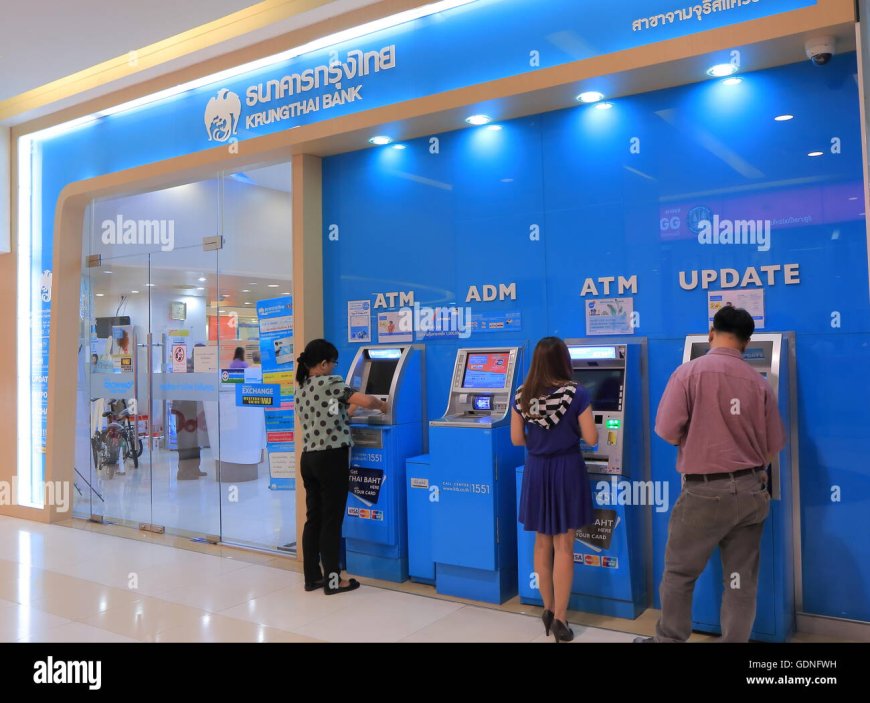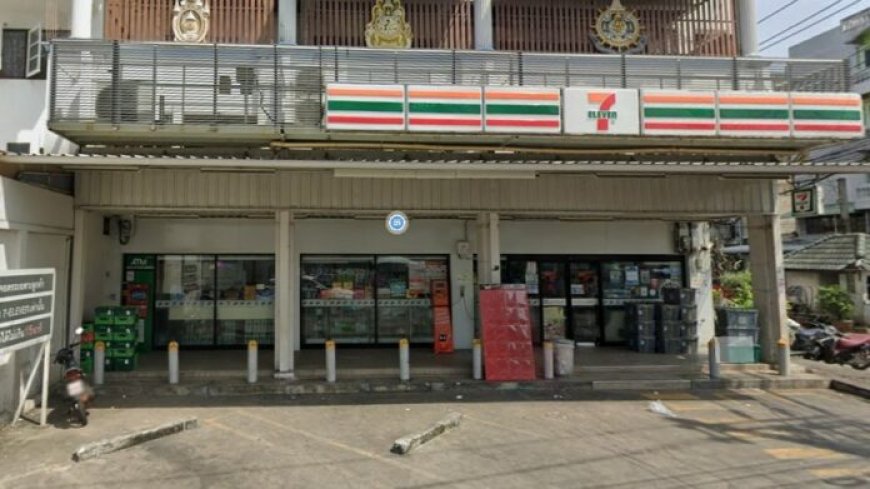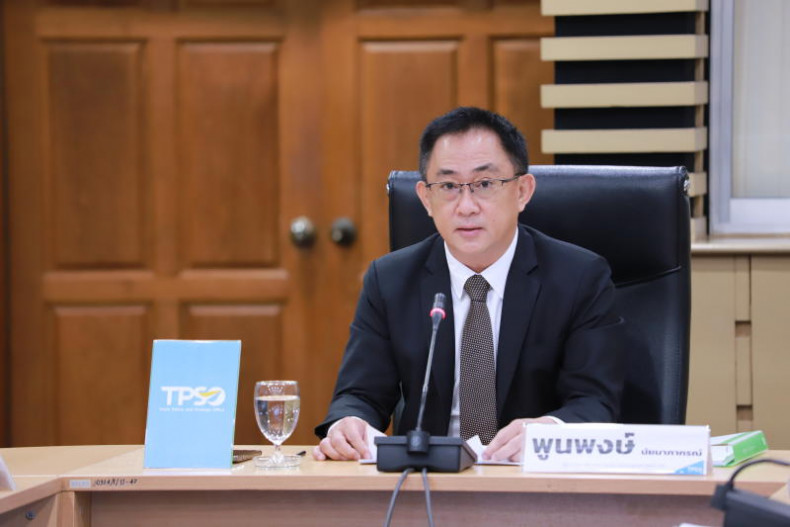Bank of Thailand holds firm against the PM’s relentless campaign and stinging criticism.
Bank of Thailand holds firm against the PM’s relentless campaign and stinging criticism. Tension escalates as the government puts further pressure on for interest rate cuts. Thailand’s central bank shows leadership amid a growing crisis of confidence. Structural reforms are seen as crucial for future sustainable economic growth. Thailand must avoid the populist economics trap. This is the key to stability and future competitiveness.
The fractious debate between Prime Minister Srettha Thavisin and central bank boss Sethaput Suthiwartnarueput is growing fiercer. Despite a call from the National Economic and Social Development Council (NESDC) this week for lower interest rates, the Bank of Thailand is holding firm. It comes amid increasing evidence that Thailand’s economy is being kept alive by a combination of foreign tourism income and a splurge driven by the wild abandon of consumers using borrowed money. With growing signs of deterioration in loan quality and concerns over the country’s weakening manufacturing sector, the danger of the tension between the Bank of Thailand and the government overflowing into a full-blown crisis grows every day. In the midst of this, the Bank of Thailand is holding its own. Unquestionably, it is showing leadership against what can only be perceived as populist or short-term expansionist economics being pursued by the current government.
This week Prime Minister Srettha Thavisin doubled down on rhetoric calling on the Bank of Thailand to cut interest rates.
Indeed, the PM’s tone on Tuesday was somewhat stinging. It came hours after the National Economic and Social Development Council (NESDC) appeared to throw its support behind the government’s line.
Mr Srettha is becoming increasingly strident in his calls for a turnaround in monetary policy.








